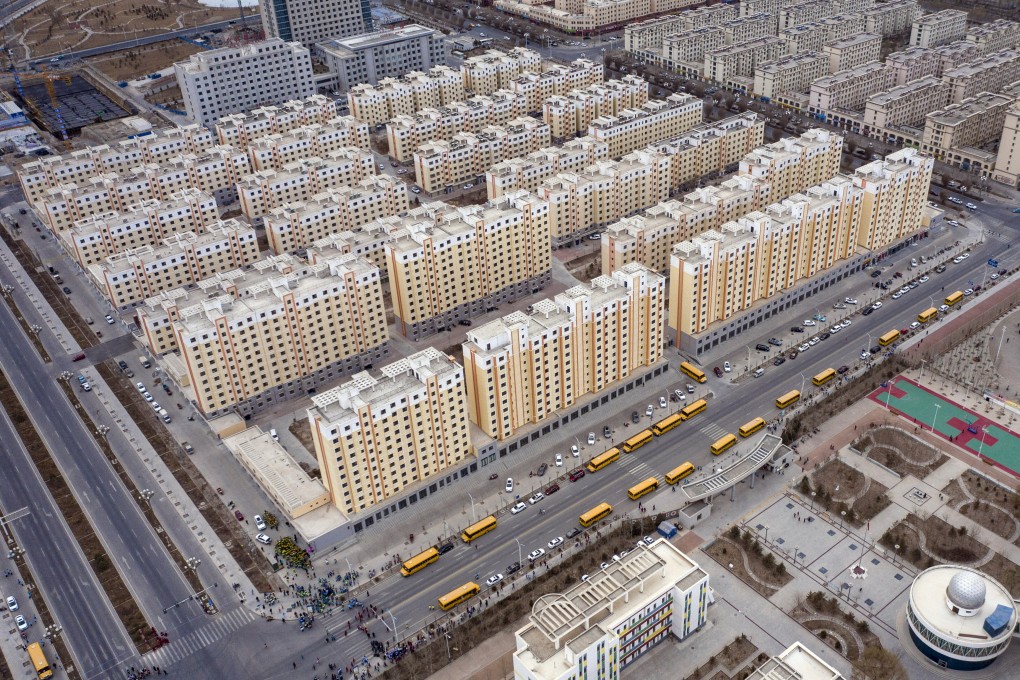The View | Why Beijing will endure property tax’s drag on housing market
- The government’s pursuit of ‘common prosperity’ and reduced inequality mean a further slowdown in the housing market is not a deal-breaker
- Some fundamental changes are deemed more critical for the country’s future and will better position it against the changing demographic and geopolitical landscape

There have been rumours about a new round of property tax pilot programmes for some time now. President Xi Jinping’s essay in Qiushi, a journal controlled by the Communist Party, appears to have given this policy a final push.
In the essay, Xi said: “We should actively and steadily promote the legislation and reform of real estate tax and do a good job in the pilot work.”
While there is little data available, it appears property tax receipts contribute little to government revenue. In Shanghai, for example, property tax revenue in 2020 was about 20 billion yuan (US$3.1 billion), only accounting for about 1.2 per cent of total tax revenue. Property tax revenue in Shanghai also includes tax paid by businesses, so payments from households were even smaller.

